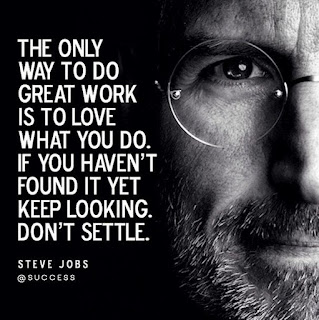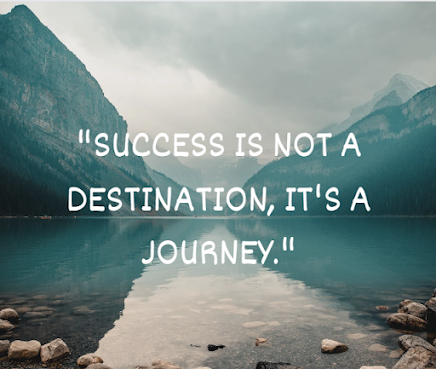Joseph Campbell, a renowned mythologist and writer, left us with many profound insights, one of which is the thought-provoking statement: "We must be willing to let go of the life we planned so as to have the life that is waiting for us." This powerful message speaks to the importance of flexibility, acceptance, and the willingness to embrace change as we navigate the journey of life.
The Nature of Plans - Plans provide structure and direction, helping us set goals and envision our future. They give us a sense of control and purpose, which can be comforting in a world full of uncertainties. However, the rigid adherence to these plans can sometimes be limiting. Life is inherently unpredictable, and clinging too tightly to a predetermined path can prevent us from recognizing and seizing unexpected opportunities.
The Illusion of Control - The belief that we can control every aspect of our lives is an illusion. While it is essential to have goals and ambitions, it is equally important to acknowledge that not everything will unfold as expected. Unforeseen circumstances, whether they be personal, professional, or global, can disrupt even the most meticulously crafted plans. The COVID-19 pandemic is a prime example of how sudden and uncontrollable events can dramatically alter the course of our lives.
Embracing Uncertainty - Campbell’s quote encourages us to embrace uncertainty and remain open to the possibilities that lie beyond our immediate plans. This mindset requires a willingness to let go of preconceived notions and to trust that new and perhaps better opportunities may emerge. It is about having faith in the unknown and being prepared to adapt to changing circumstances.
Personal Growth and Adaptability - Letting go of the life we planned does not mean abandoning our dreams and aspirations. Instead, it involves being adaptable and open to growth. Personal development often occurs outside our comfort zones, in situations that challenge our expectations and push us to explore new paths. By embracing change, we can discover strengths, talents, and passions that we might not have recognized otherwise.
The Role of Serendipity - Serendipity plays a significant role in our lives. Some of the most meaningful experiences and relationships arise unexpectedly. By being open to the life that is waiting for us, we allow serendipitous events to shape our journey. This openness can lead to fulfilling careers, enriching relationships, and profound personal insights that we might have missed had we adhered strictly to our original plans.
Practical Steps to Embrace Change
1. Cultivate a Growth Mindset: Embrace challenges as opportunities for growth rather than obstacles. A growth mindset helps us adapt and thrive in changing circumstances.
2. Practice Mindfulness: Being present in the moment allows us to appreciate the journey rather than fixating solely on the destination. Mindfulness helps us recognize new opportunities as they arise.
3. Seek Support: Surround yourself with supportive individuals who encourage flexibility and growth. Having a strong support network can make it easier to navigate transitions.
4. Reflect and Reevaluate: Regularly assess your goals and plans. Be willing to adjust them in response to new information and experiences.
Joseph Campbell’s wisdom reminds us that life is a dynamic and ever-changing journey. By being willing to let go of the life we planned, we open ourselves to the vast array of possibilities that life has to offer. This willingness to adapt and embrace the unknown is not a sign of weakness, but a testament to our resilience and capacity for growth. Ultimately, the life that is waiting for us may be far richer and more fulfilling than anything we could have planned. Embrace the journey, trust the process, and be open to the unexpected.
.jpg)



.jpg)





.jpg)




.jpg)
.jpg)










.jpg)
.jpg)
.jpg)